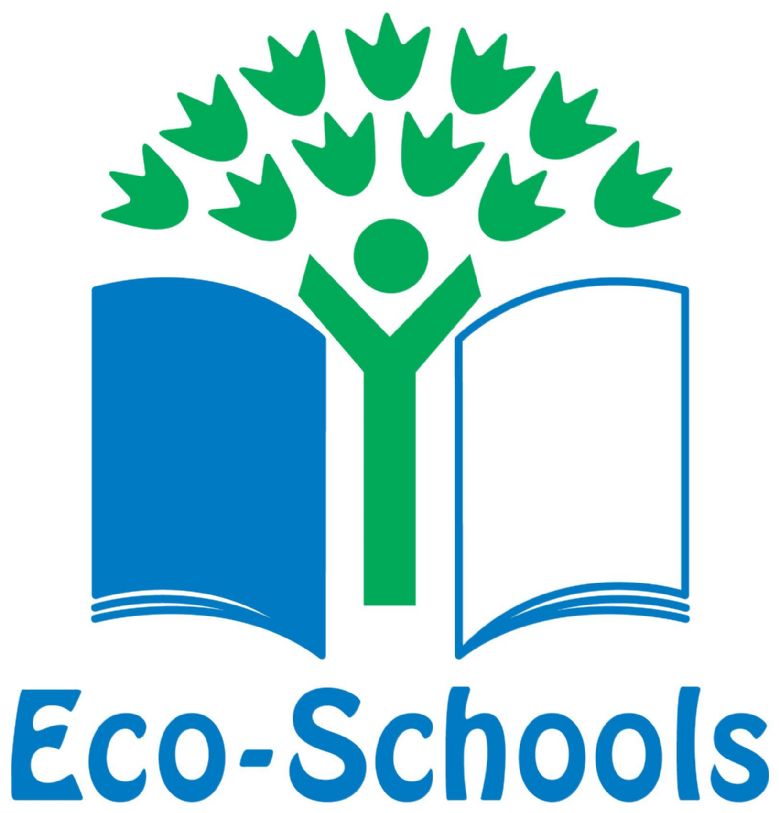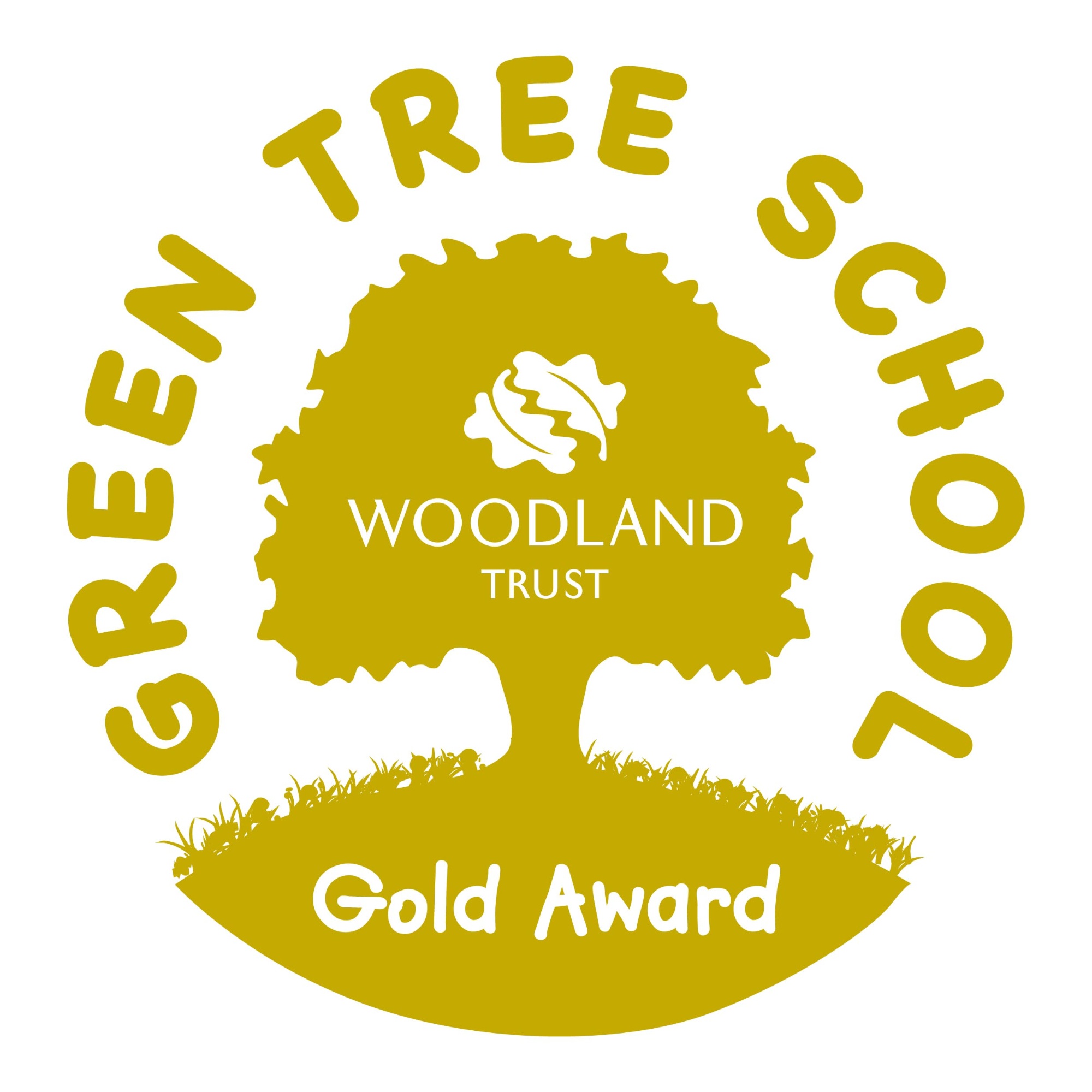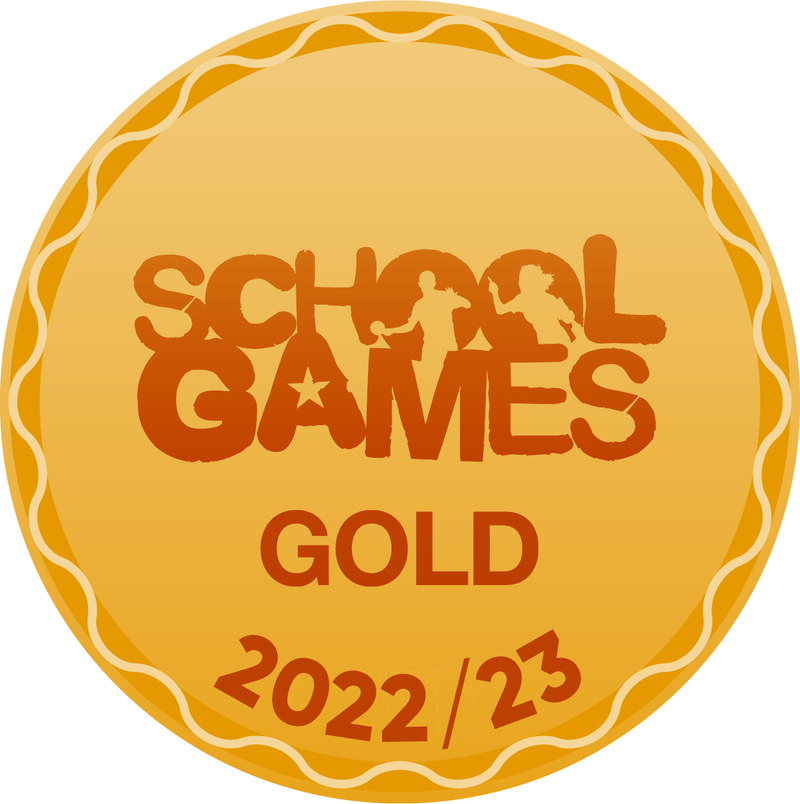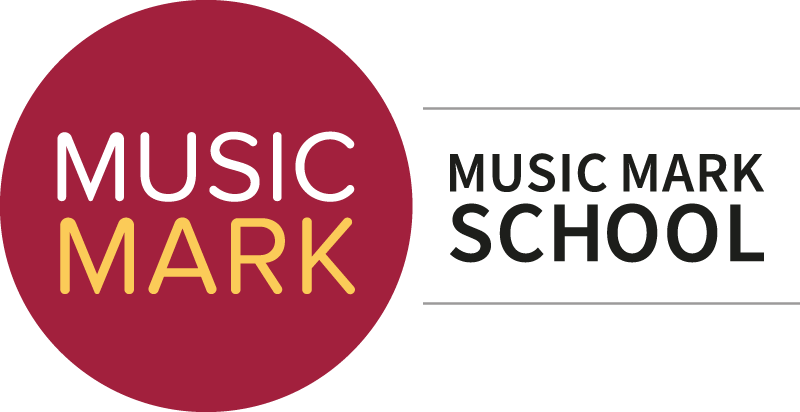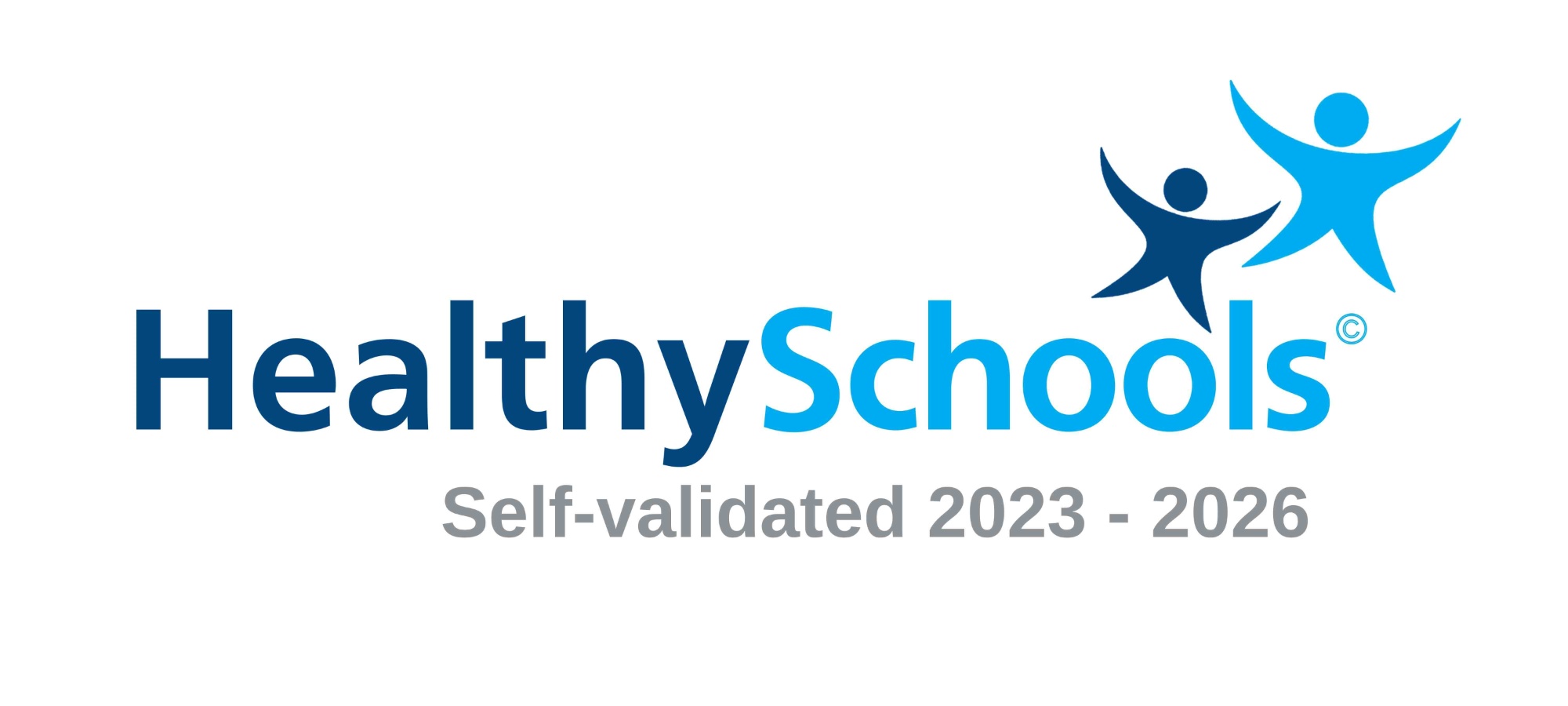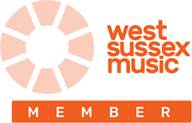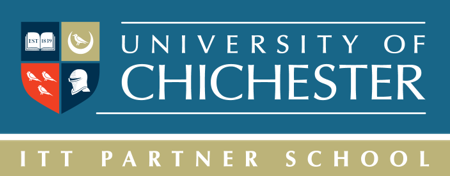 Design and technology is a practical subject where children can use their creativity and imagination to design and make products. In Early Years our children start to learn through first-hand experiences. Whilst developing their fine motor skills, children have an opportunity to use a range of small tools to be creative and express their ideas. They are encouraged to explore, observe, solve problems, think critically, make decisions and to talk about why they have made their decisions. Throughout school we link design and technology to other subject areas where possible, so that children have a context for their learning and opportunities to solve real and relevant problems drawing on their maths, computing, science and art skills. In doing so, they are considering their own and others’ needs, wants and values. Through design and technology, pupils learn how to take risks to become resourceful, innovative, enterprising and capable citizens.
Design and technology is a practical subject where children can use their creativity and imagination to design and make products. In Early Years our children start to learn through first-hand experiences. Whilst developing their fine motor skills, children have an opportunity to use a range of small tools to be creative and express their ideas. They are encouraged to explore, observe, solve problems, think critically, make decisions and to talk about why they have made their decisions. Throughout school we link design and technology to other subject areas where possible, so that children have a context for their learning and opportunities to solve real and relevant problems drawing on their maths, computing, science and art skills. In doing so, they are considering their own and others’ needs, wants and values. Through design and technology, pupils learn how to take risks to become resourceful, innovative, enterprising and capable citizens.
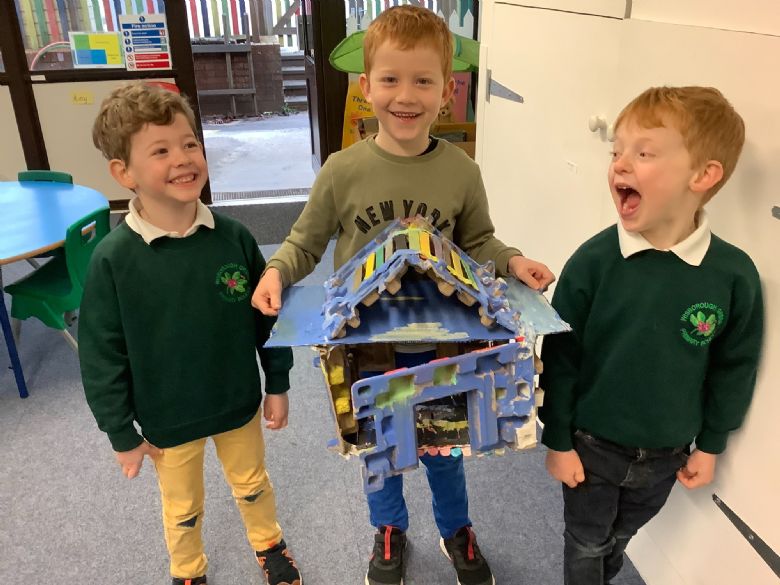 The national curriculum for design and technology has four aims:
The national curriculum for design and technology has four aims:
-
to develop the creative, technical and practical expertise needed to perform everyday tasks confidently and to participate successfully in an increasingly technological world
-
to build and apply a repertoire of knowledge,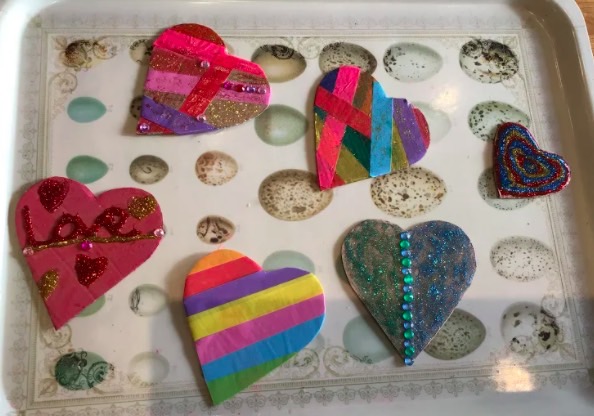 understanding and skills in order to design and make high-quality prototypes and products for a wide range of users
understanding and skills in order to design and make high-quality prototypes and products for a wide range of users
-
to critique, evaluate and test their ideas and products and the work of others
to understand and apply the principles of nutrition and learn how to cook.
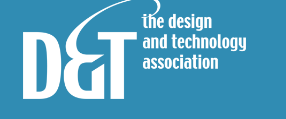
We use the Design and Technology National Association Projects on a Page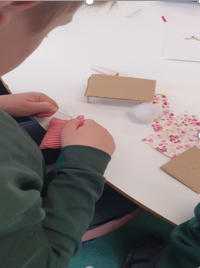 scheme to make sure we cover all elements of the subject in our cycles. Our whole-school themes are taught on a two-year rolling programme, which provide opportunities to revisit and reinforce previous learning. By incorporating the design and technology aspects in a variety of contexts, the children can apply their knowledge, understanding and skill development in different ways as they progress through the school.
scheme to make sure we cover all elements of the subject in our cycles. Our whole-school themes are taught on a two-year rolling programme, which provide opportunities to revisit and reinforce previous learning. By incorporating the design and technology aspects in a variety of contexts, the children can apply their knowledge, understanding and skill development in different ways as they progress through the school.

 The national curriculum for design and technology has four aims:
The national curriculum for design and technology has four aims: understanding and skills in order to design and make high-quality prototypes and products for a wide range of users




